Individual Executive Coaching

Executive coaching is the most potent element in leadership and organisational performance improvement.
Leaders can transform their performance by working one-on-one with a professionally qualified coach on their goals and challenges. A coach will offer support and enquiry within a safe, confidential, and constructive space.
Executive coaching assumes leaders have the resources themselves to begin their development journey.
Executive coaching aims to help individuals build the best, most authentic version of themselves, which takes a lot of work.
“We must see people in terms of their future potential, not their past performance”. Sir John Whitmore
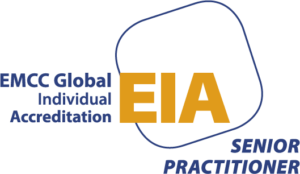

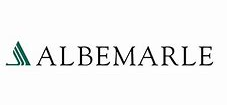




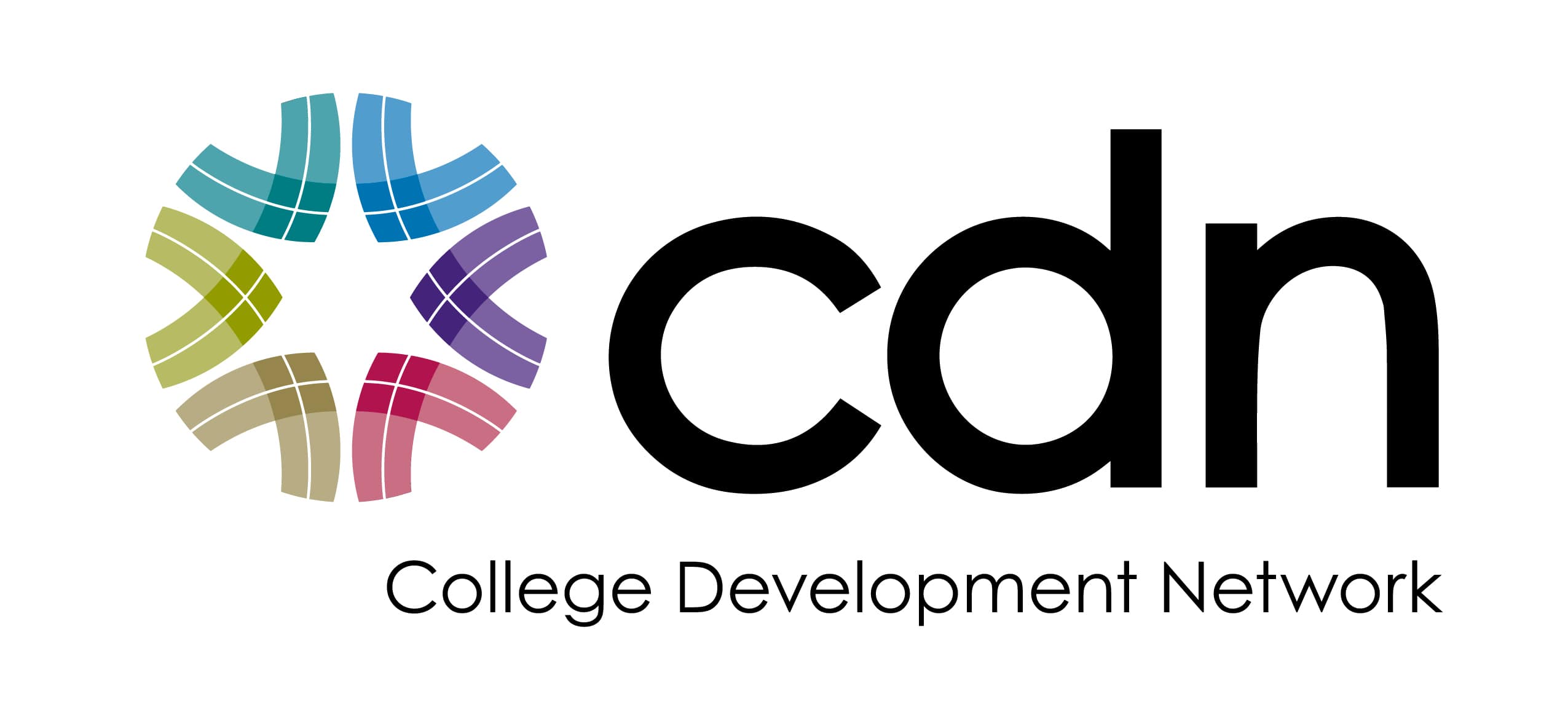
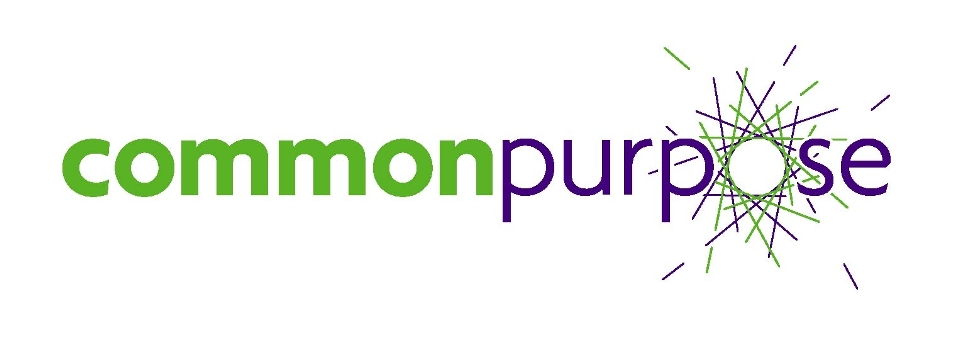
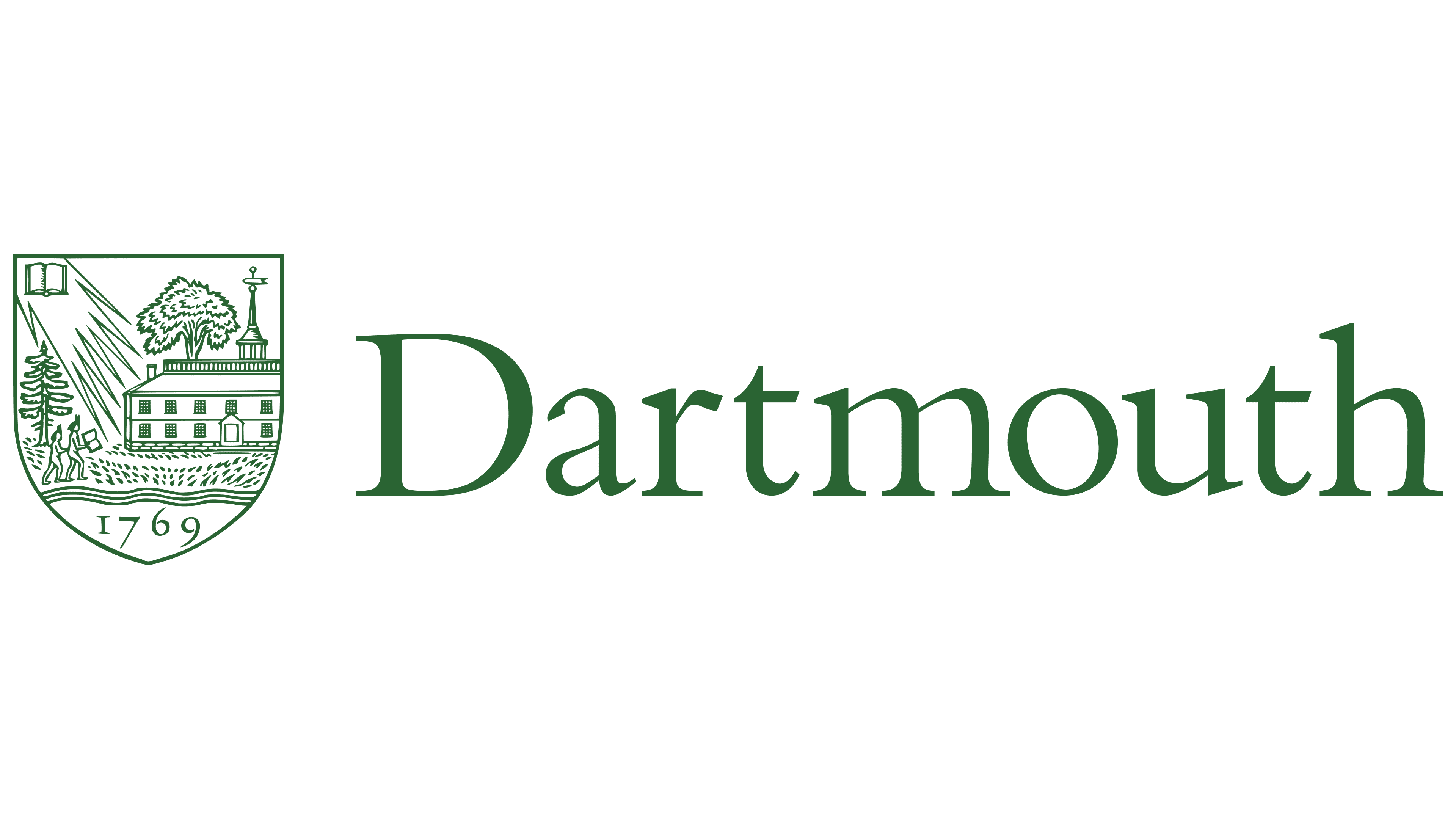

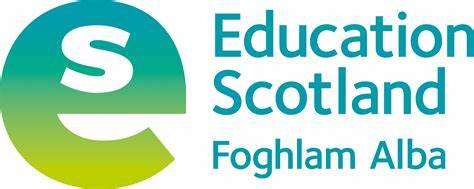
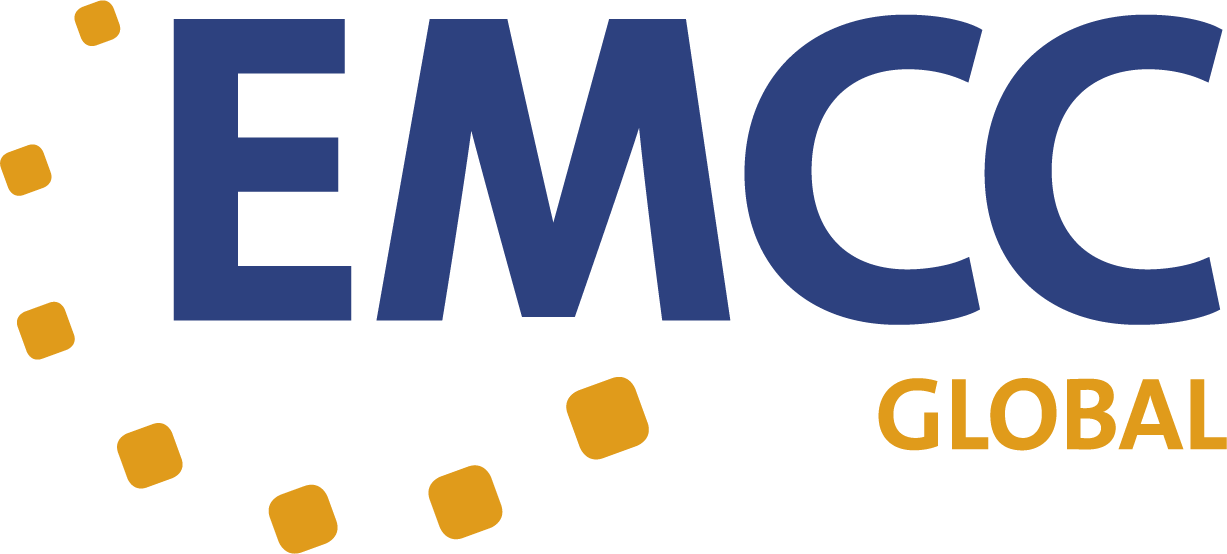
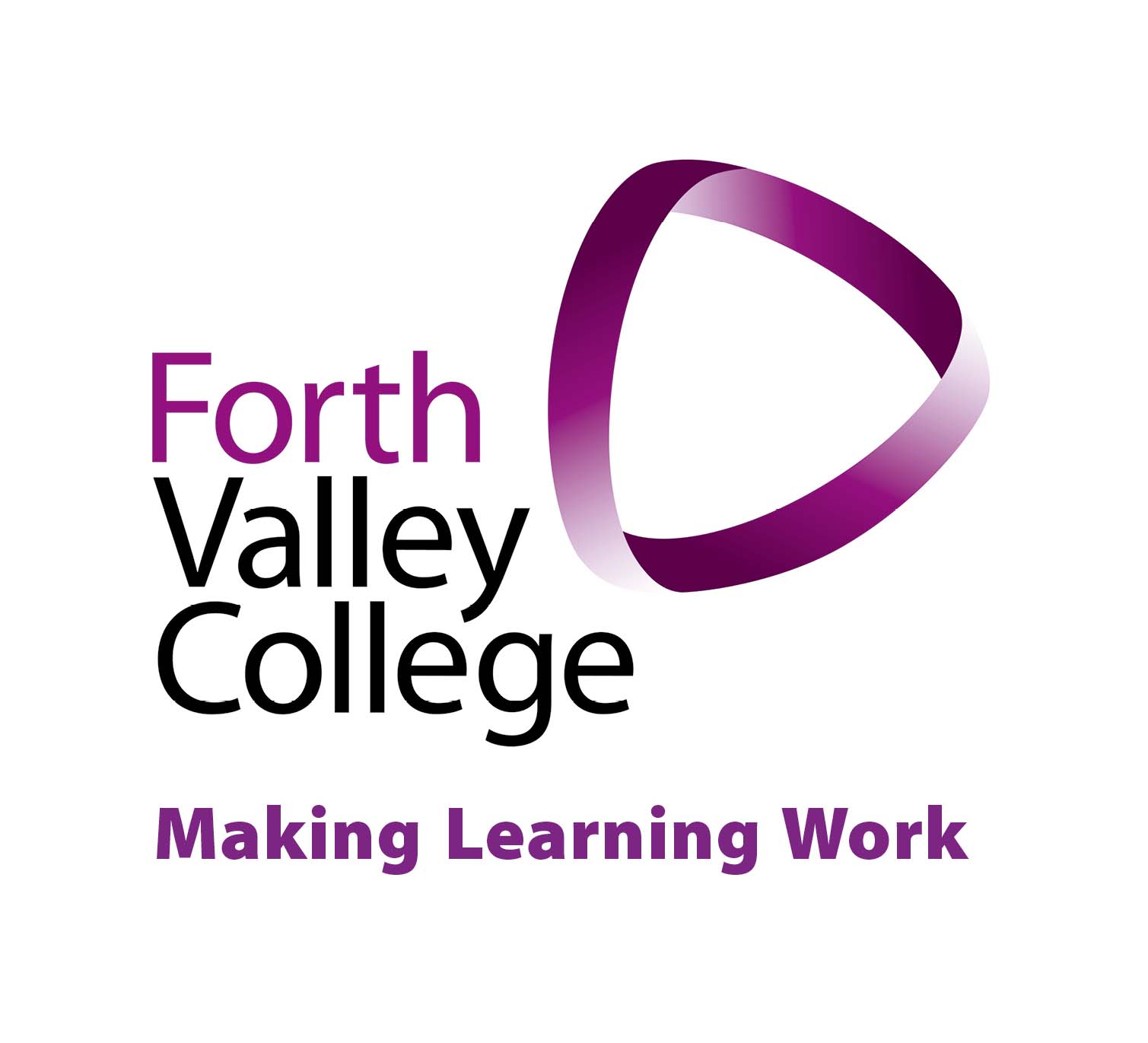

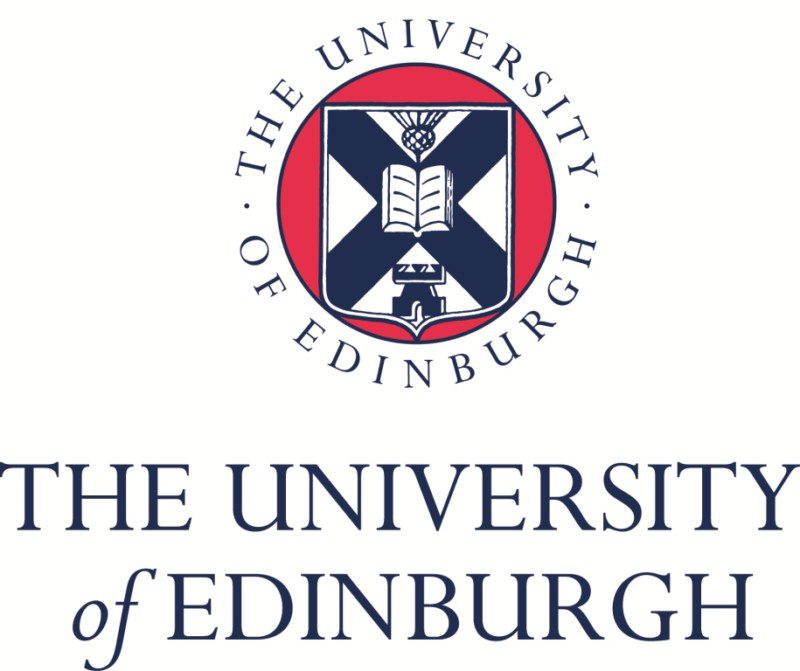



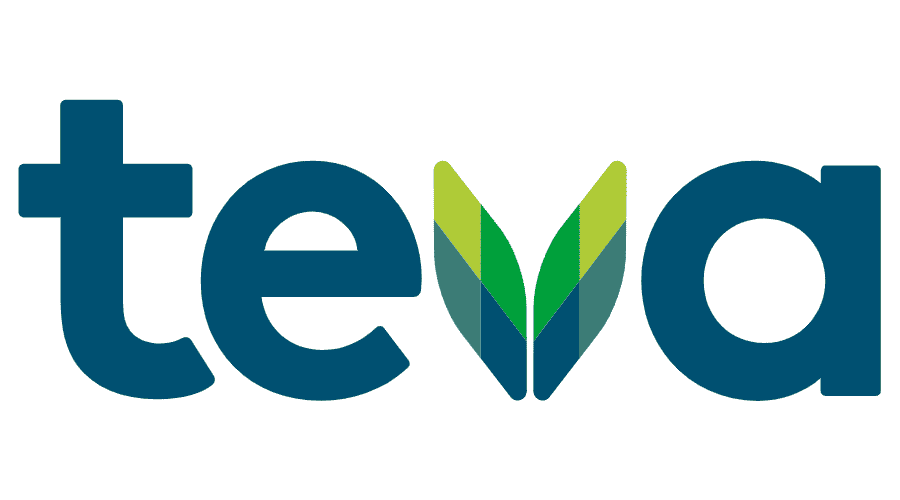

How does Executive Coaching help?
Coaching works to develop your potential based on your internal strengths. Areas of development might include:
- Personal Leadership Style
- Setting Better Goals
- Achieving Goals Faster
- Better Decision Making
- Building Positive Relationships
The subsequent positive change in the way you behave will positively affect the rest of the organisation. Mahatma Gandi’s words about being the change you want to see in others might seem like a cliché, but they are robust and accurate.
Who Is Executive Coaching For?
Executive Coaching can be used at any stage of a leader’s career from the outset to the most senior levels of the organisation.
An example of early-stage careerists taking part in coaching is the UK 101 Leadership programme. This collaboration between Common Purpose, the International Coaching Federation and 'Know You More' digital coaching. We worked with 18- to 25-year-olds to refine personal leadership skills, including handling difficult situations, influencing others, and building relationships.
https://commonpurpose.org/leadership-programmes/legacy-a-global-campaign/uk101/
Executive coaching can also support the development of mid-level managers taking the next step into a more senior role. Coaching could also help managers initiate and implement organisation-wide transformation or improve their performance in their current role.
The link below is to the Emerging Leaders programme established by the College Development Network.
https://www.cdn.ac.uk/management-and-leadership-programmes/emerging-leadership-programme/
Finally, there are the existing members of the senior leadership team, executive and non-executive board members. Executive coaching seeks to maximise their impact and performance. This might be during times of personal change or organisation-wide transformation. Please follow the link below to my recommendations.
Leadership Coaching
Team Coaching
"Never doubt that a small group of thoughtful, committed citizens could change the world. Indeed, it is the only thing that ever has". (Attributed to Margaret Mead)
Leadership Team Coach works with a group to agree on mutually acceptable goals and work collectively to achieve more extraordinary performance than an individual alone ever could. We work with the team to combine their diverse talents into a high-performing collective.
Development Coaching
Leadership development is working with management to locate their leadership style based on the core qualities they already possess. Leadership is the art of moving yourself and your team towards a commonly agreed, shared goal. Leadership coaching is about honing your skills and behaviours to achieve those goals.
What are some of the benefits of Business Coaching and Mentoring?
- Builds confidence
- Allows clients to develop personal insight and learning
- Supports clients through transformation and growth
- Improves Individual and Organisational Performance and Productivity
Know You More and the University of Edinburgh
It is an exciting journey to be part of the coaching cohort supporting Know You More and Edinburgh University during this time of challenge.
The University of Edinburgh has partnered with Know You More to support the professional development of their leadership population.
Their development will consist of a coaching programme delivered digitally and aimed to support the following:
Know yourself: understanding self as a leader, individual styles and strengths. Sharpened personal and people leadership skills and improved confidence and wellbeing.
Know your context: discussion and challenge to their current situation and a greater understanding of their role within that situation. A greater sense of clarity and direction
Know your goals: bringing together strengths and context, identifying a focus for development and forming steps toward achieving their goals. Better and consistent performance.
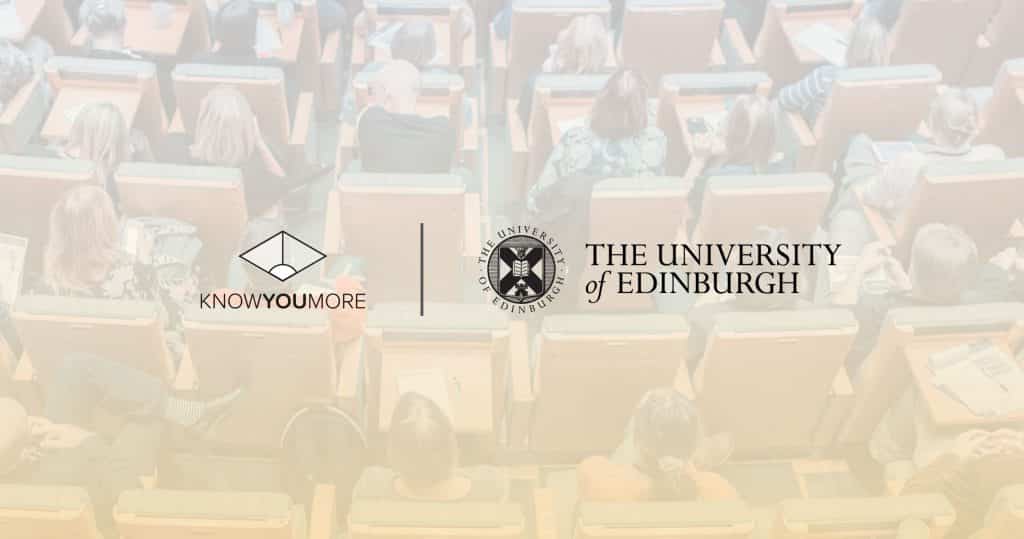
Revealing the leadership secrets for a successful business
Lessons from high performing business leaders

